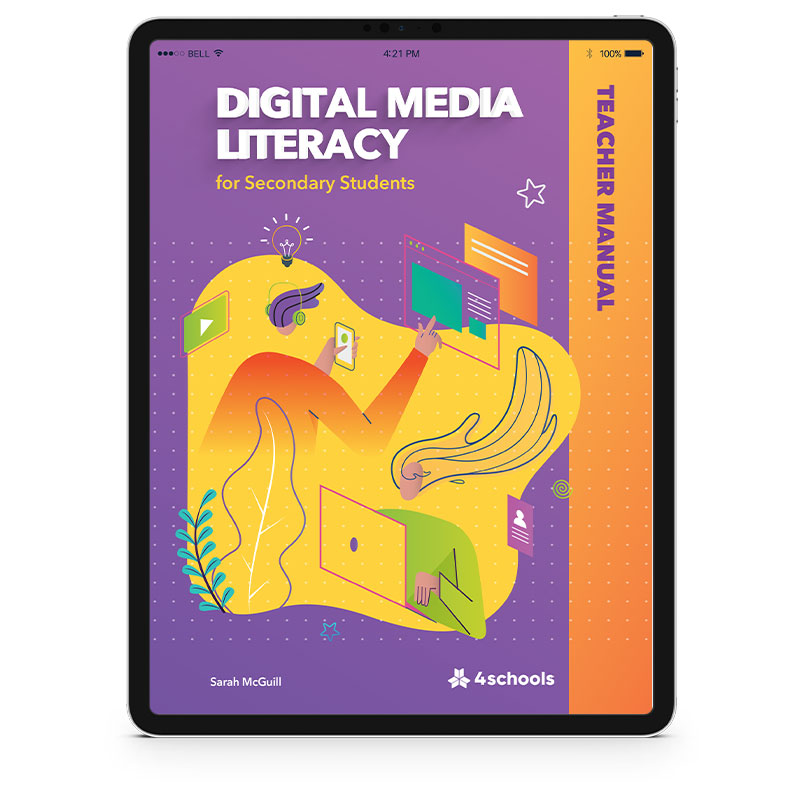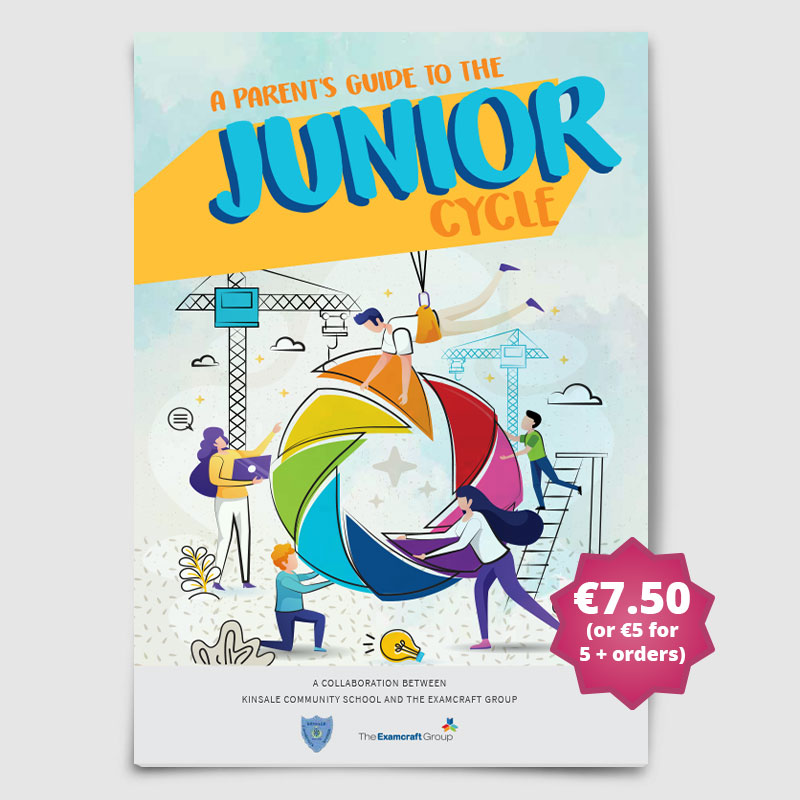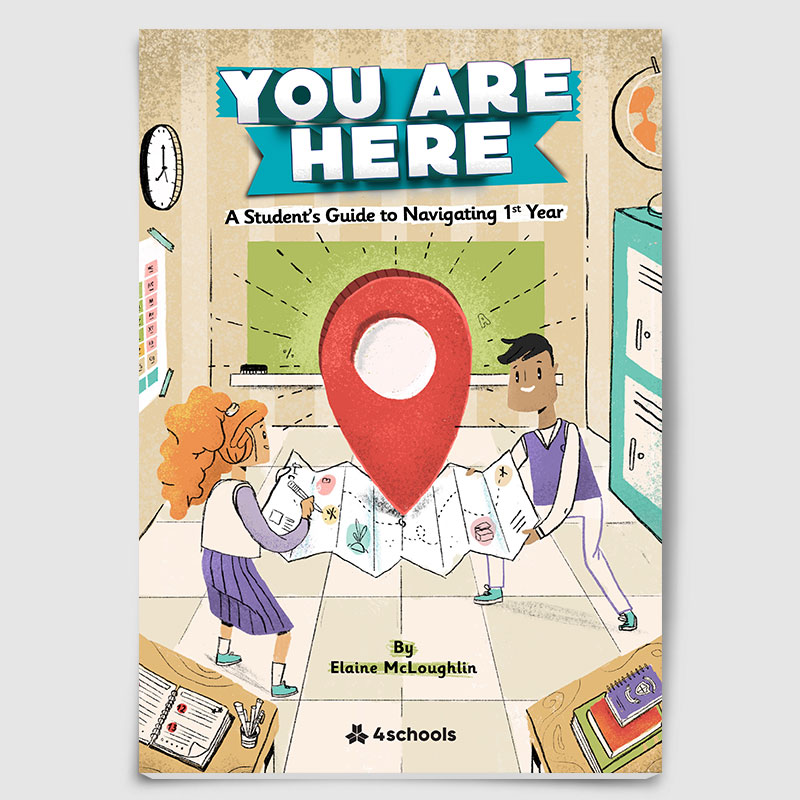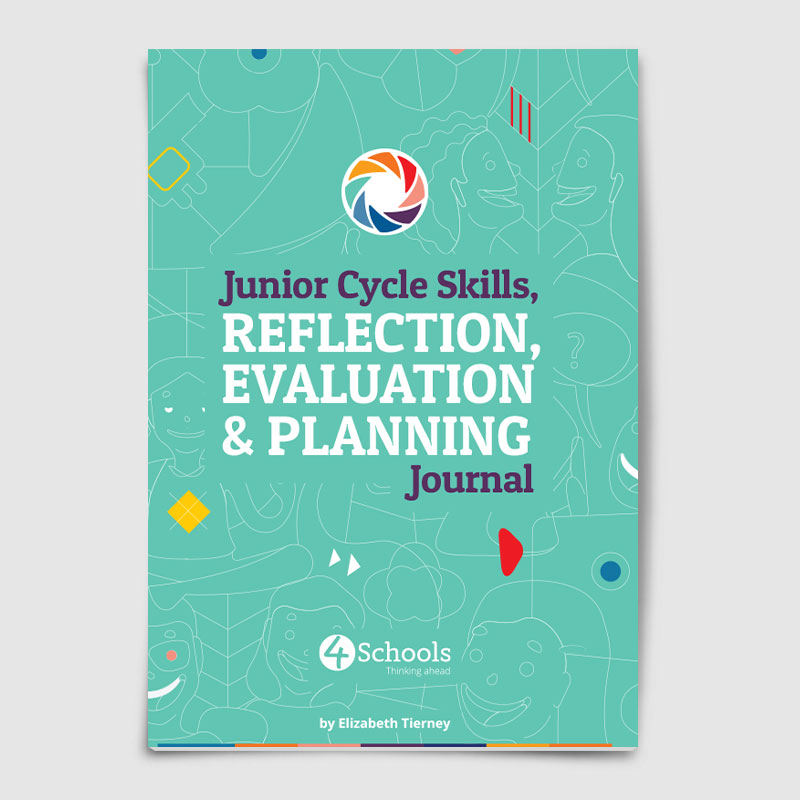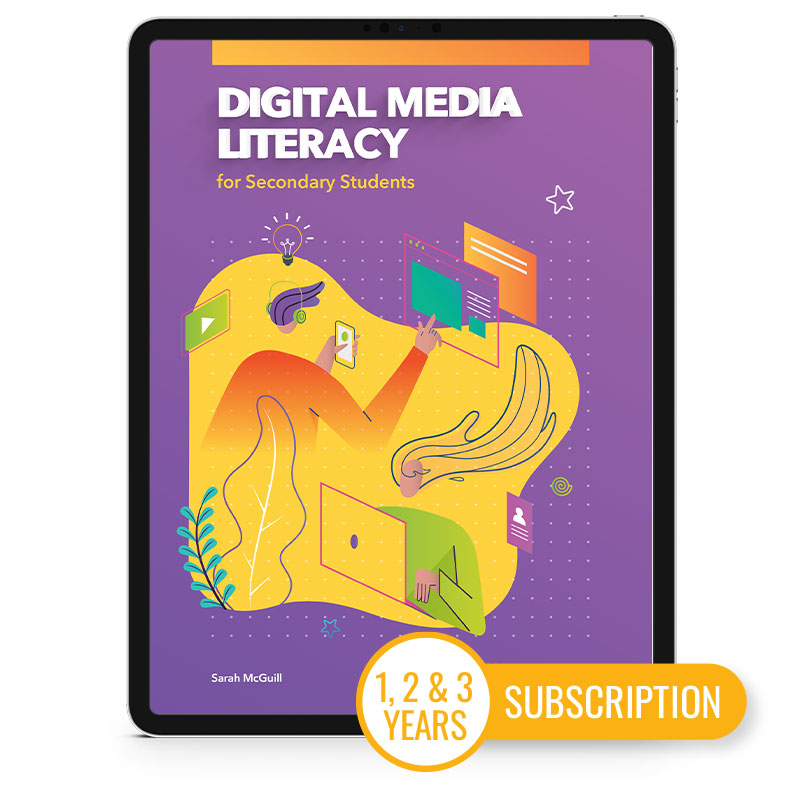
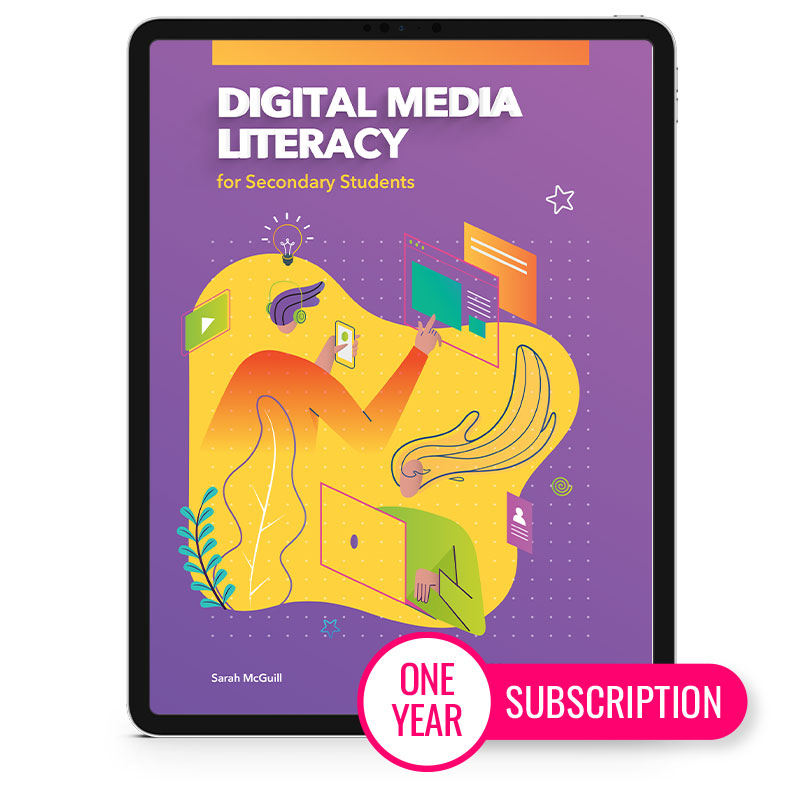
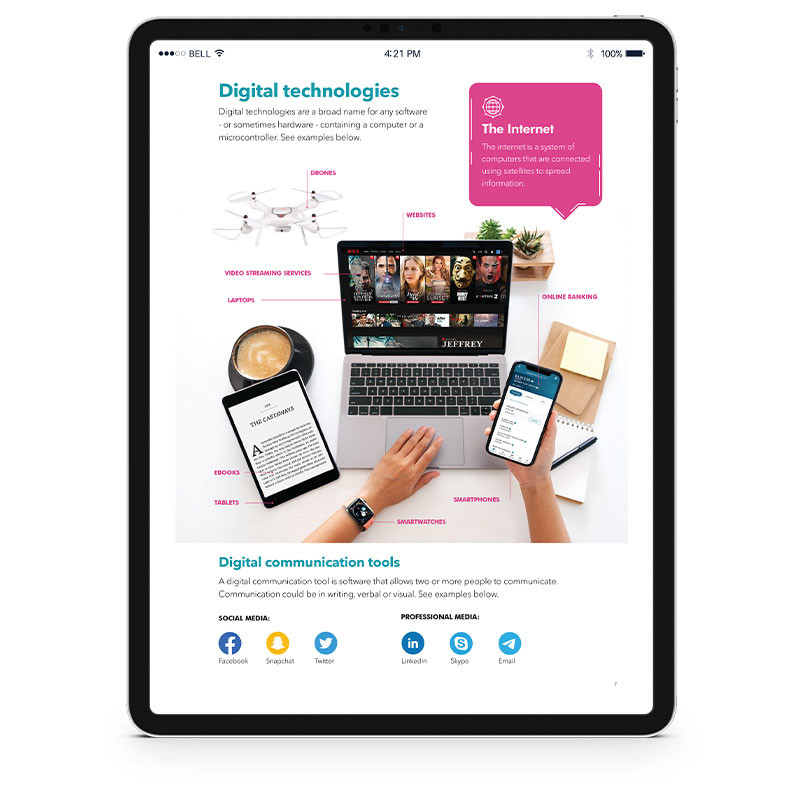
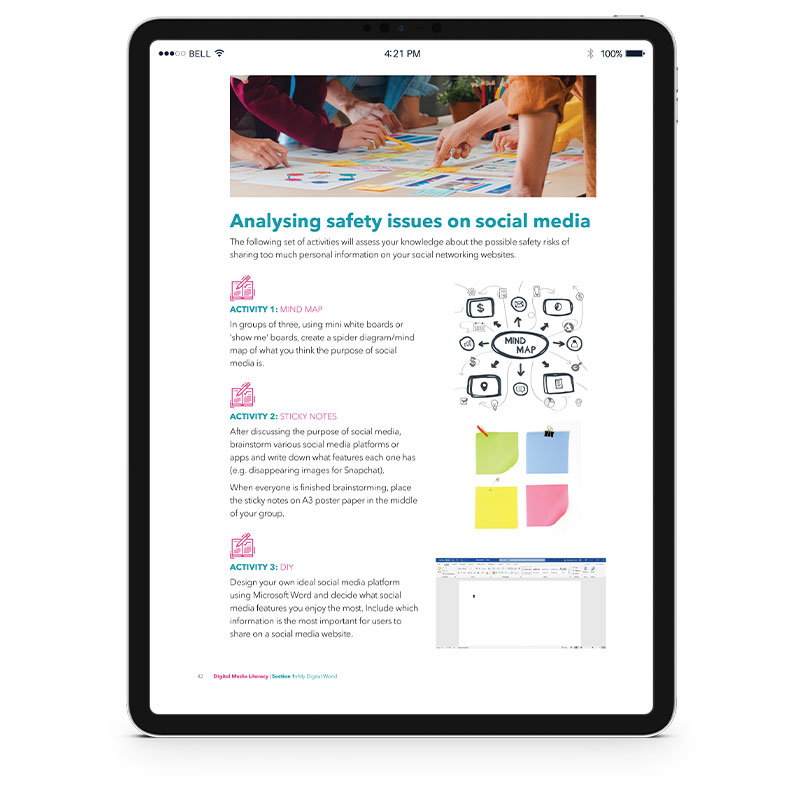
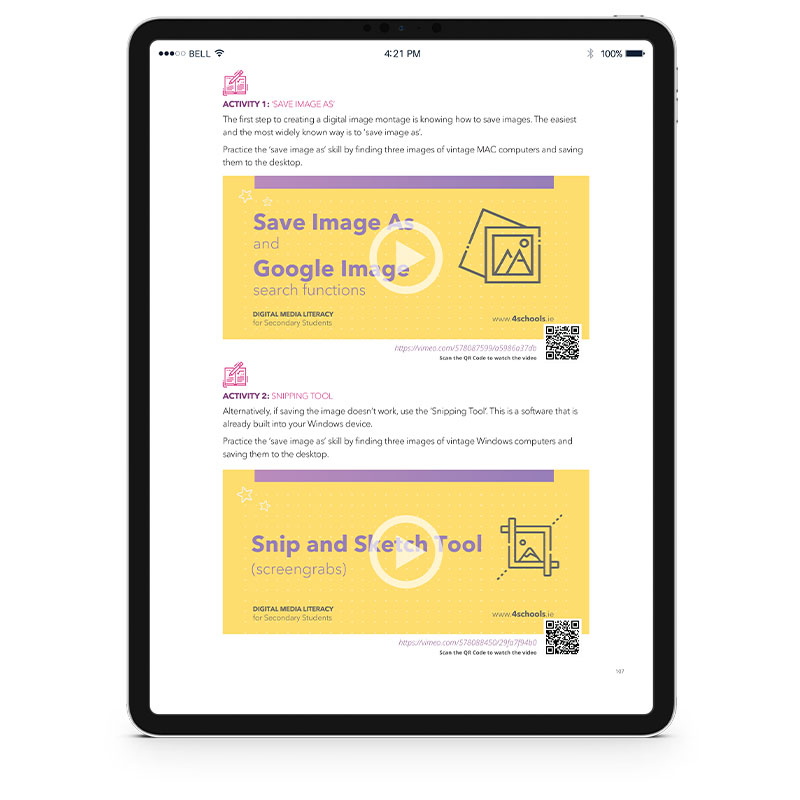
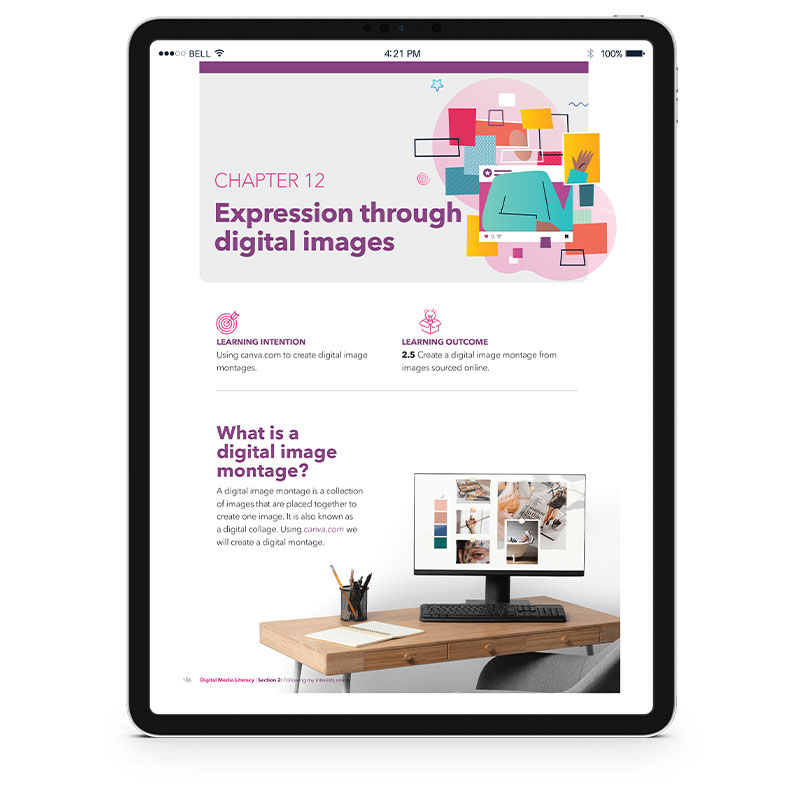
Digital Media Literacy for Secondary Students (e-Book)
Do you spend more time preparing for Digital Media Literacy than any other class you teach?
This is the reason author Sarah McGuill created Digital Media Literacy for Secondary Students. She found that she was constantly searching for resources that would enable her to deepen her students' ability to use digital technology, communication tools and the internet in a creative, critical, and safe manner.
Following the specification of the Junior Cycle 100-hour short course, the digital course, delivered via eBook, is highly interactive with quick access to videos, engaging exercises and the option for students to make and save notes and comments online. To support delivery, the course comes with and a free eManual for every class subscription purchased.
While the course is designed to meet the needs of the Junior Cycle DML short course, it has quickly gained traction among TY and LCA coordinators for its ability to strengthen their students' digital skills — skills that are now becoming more and more critical for both learning and life.
Choose from a one, two or three-year subscription to suit your school's needs.
If you have any questions, click on the ‘Contact Us’ button to contact our team directly.
Overview of the programme
This student workbook is divided into four sections that correspond to the four strands outlined in the Digital Media Literacy learning resources specification from the JCT. Each chapter explores a learning outcome and is filled with active learning methodologies and engaging activities.
The chapters feature an abundance of videos and QR codes to topics of relevance to students along with blogs, research and analysis templates, reflection journals, tutorials, quizzes and debates.
Section 1: My digital world
This section is designed to allow students to evaluate their relationship with technology and the impact it can have on the individual.
Section 2: Following my interests online
Students will examine various ways in which information that is relevant to them is digitally published. A methodology will be established for recognising false or 'fake news' on the internet.
Section 3: Checking the facts
This section will require students to examine various digital media formats for bias. They will also look at the effect of technology on democracy.
Section 4: Publishing myself
Students will examine the information that they publish on social media. They will learn how to be safe online via technical aspects of popular digital platforms prevalent within modern online cultural life. They will also plan, research, reference and publish a digital media text.
Recommended guide to using the programme in your school
- The intention of the programme is to deliver a 100-hour digital media course to enhance students' digital skills and champion the role of online safety.
- Each unit takes approximately 20 hours to deliver.
- The course is designed to be flexible, allowing secondary school teachers to adopt the programme in line with their secondary curriculum resources as they wish.

